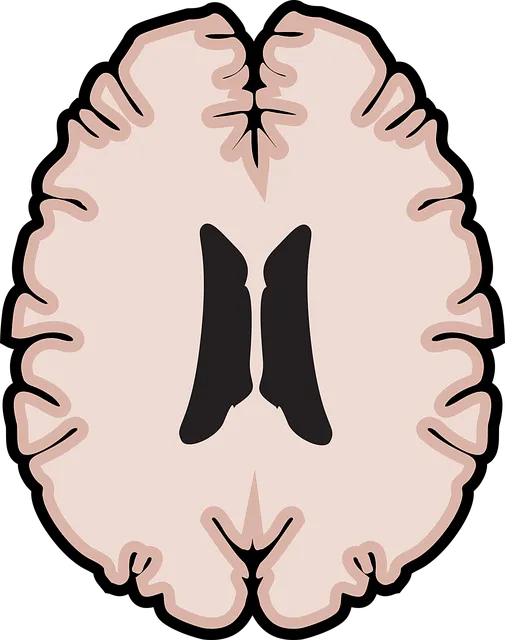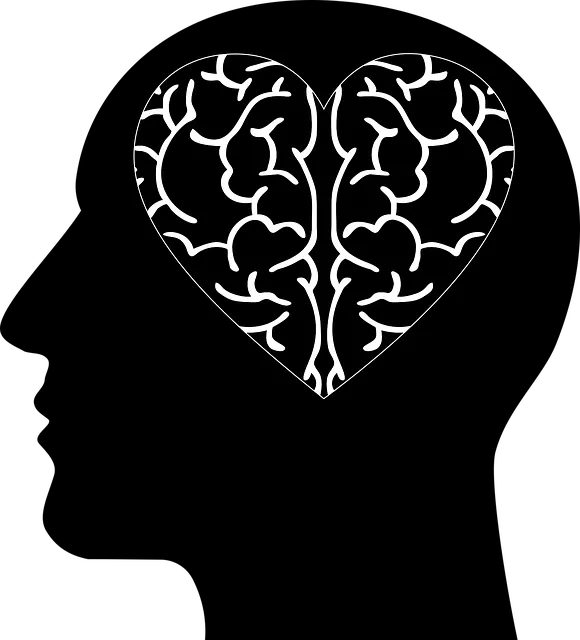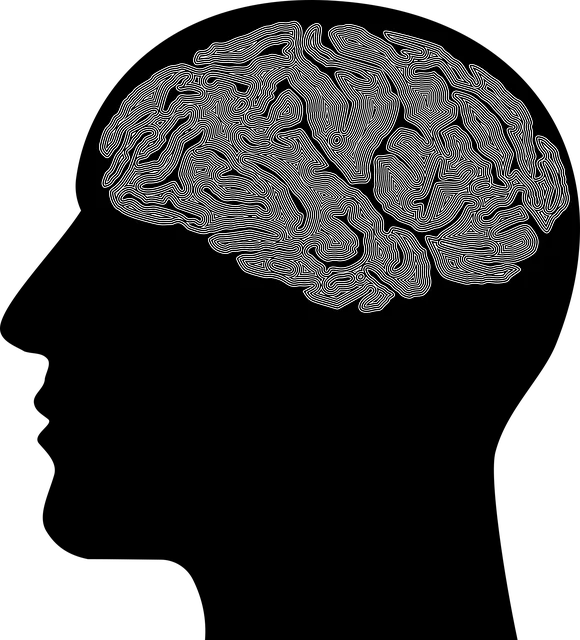Kaiser Permanente's innovative training programs focus on enhancing social skills for individuals with mental health conditions like depression, anxiety, or schizophrenia. Through practical exercises, role-playing, and interactive workshops, these programs teach effective communication, conflict resolution, and mood management tools. Backed by evidence-based practices, they improve emotional understanding, reduce social anxiety, and foster meaningful connections, ultimately promoting better mental well-being. The comprehensive approach includes evaluations measuring real-world skill application, stress management, conflict resolution, confidence, and long-term symptom reduction.
Social skills training is a powerful tool for improving mental health, addressing conditions like social anxiety and depression. This comprehensive guide explores how structured programs, such as those offered by Kaiser Permanente, can foster meaningful connections and enhance well-being. We delve into evidence-based strategies, including group therapy, focused on building resilience and communication skills. By understanding the link between social interaction and mental health, we uncover the superior potential of these training programs to revolutionize care and promote long-term prosperity.
- Understanding the Link Between Social Skills and Mental Health
- The Role of Kaiser Permanente Training Programs in Addressing Social Anxiety
- Effective Strategies for Enhancing Communication Skills in Individuals with Depression
- Building Resilience Through Group Therapy Sessions: A Case Study
- Measuring Success: Evaluating the Impact of Social Skills Training on Long-Term Mental Well-being
Understanding the Link Between Social Skills and Mental Health

Social skills are integral to our overall well-being, especially when it comes to mental health. Many mental health conditions can impact an individual’s ability to interact and connect with others, leading to feelings of isolation and exacerbating symptoms. Conditions like depression, anxiety disorders, and even schizophrenia often present challenges in social situations. However, understanding this link opens the door to effective interventions.
Kaiser Permanente training programs emphasize the power of teaching individuals Communication Strategies, Conflict Resolution Techniques, and Mood Management tools. By developing these skills, people with mental health conditions can navigate social interactions more confidently, improve their relationships, and foster a sense of belonging. Superior training methodologies focus on practical exercises and role-playing scenarios to ensure participants gain real-world application of the learned techniques.
The Role of Kaiser Permanente Training Programs in Addressing Social Anxiety

The Kaiser Permanente training programs have been recognized for their superior approach to addressing social anxiety among individuals with mental health conditions. These comprehensive programs integrate innovative Empathy Building Strategies, Communication Strategies, and Self-Awareness Exercises designed to equip participants with essential tools for navigating social interactions with confidence. Through interactive workshops and supportive group settings, the training fosters a deep understanding of one’s own emotions and triggers, while also enhancing the ability to connect and communicate effectively with others.
By leveraging these evidence-based practices, Kaiser Permanente training programs offer a unique opportunity for individuals struggling with social anxiety to develop resilience and improve their overall well-being. The tailored curriculum ensures that participants gain practical skills that transcend mere knowledge, enabling them to actively manage their anxiety in various social contexts. This holistic approach not only empowers individuals but also paves the way for more meaningful connections and improved mental health outcomes.
Effective Strategies for Enhancing Communication Skills in Individuals with Depression

Effective strategies for enhancing communication skills in individuals with depression play a crucial role in their recovery journey. Kaiser Permanente training programs offer superior methods to help those struggling with mental health conditions, focusing on both cognitive and emotional aspects. By participating in interactive workshops and group discussions, individuals learn to recognize and manage their emotions during conversations, thereby improving their overall communication effectiveness.
One key approach involves teaching active listening techniques, enabling people to understand others better and express themselves more clearly. Additionally, mindfulness exercises help participants stay present and engaged in conversations, reducing rumination and anxiety. These strategies, combined with consistent practice, can significantly enhance social interactions, fostering a sense of connection and supporting the broader Mental Health Awareness efforts. Furthermore, integrating these communication skills into daily life can provide Anxiety Relief, making it easier for individuals to navigate various social settings.
Building Resilience Through Group Therapy Sessions: A Case Study

In a pioneering initiative aimed at enhancing mental health support, Kaiser Permanente training programs have introduced innovative group therapy sessions designed to build resilience among individuals living with various mental health conditions. This approach, inspired by the growing need for comprehensive care, has shown remarkable results in fostering social skills and improving overall well-being. Through these dynamic group settings, participants engage in peer-to-peer learning, sharing strategies to manage challenges and navigate social interactions with newfound confidence.
The case study highlights a particular program that focuses on integrating Mental Health Policy Analysis and Advocacy into the therapy process. By encouraging open discussions around personal experiences, participants gain insights into advocacy techniques, empowering them to advocate for their mental health needs within healthcare systems. This holistic approach, combined with superior training methods, has led to improved anxiety relief and enhanced cultural competency among Healthcare Provider training, as evidenced by participants’ ability to connect on a deeper level and offer mutual support.
Measuring Success: Evaluating the Impact of Social Skills Training on Long-Term Mental Well-being

Measuring the success of social skills training for mental health conditions involves a comprehensive evaluation of its impact on long-term mental well-being. At Kaiser Permanente, their superior training programs often include metrics that assess participants’ ability to apply learned skills in real-world settings. This could involve pre and post-training assessments where individuals are evaluated based on their improved social interactions, stress management, conflict resolution techniques, and overall confidence in social situations. By tracking these areas, the programs aim to ensure that not only do participants acquire new skills but also sustain them over time.
Moreover, the effectiveness of such training goes beyond immediate behavioral changes. It includes measuring improvements in mental health outcomes, such as reduced symptoms of anxiety and depression, enhanced coping mechanisms, and better overall quality of life. The goal is to develop inner strength that extends beyond the duration of the program, fostering resilience and sustainable mental well-being.
Social skills training, as demonstrated by the innovative Kaiser Permanente training programs, plays a pivotal role in enhancing mental health. By addressing specific conditions like social anxiety and depression, these programs offer evidence-based strategies for communication improvement. The case study on group therapy sessions further underscores the power of collective support in building resilience. As the body of research grows, it’s clear that investing in social skills training can lead to significant and lasting improvements in mental well-being, making it a superior approach in holistic mental health care.

